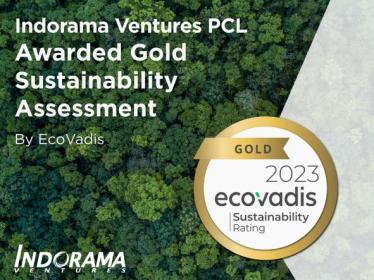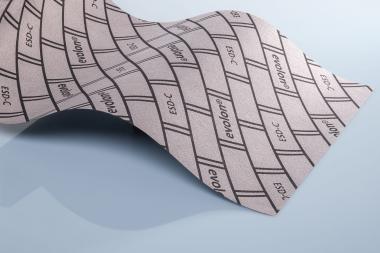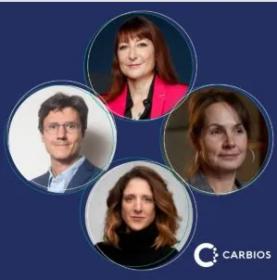AkzoNobel publishes 2022 annual report
AkzoNobel has published its digital Report 2022, which gives details of the company’s ongoing transformation during a challenging year of persistent worldwide uncertainty.
The Report 2022 website includes coverage of AkzoNobel’s financial results and key business developments, while the company’s progress on its sustainability ambitions is highlighted throughout.
The online report offers a wide range of interactive content and infographics. Visitors can also make use of various tools to compare key data and download tables.
Meanwhile, the Sustainability statements – traditionally one of the most visited sections – has been revamped and is themed around the key areas of climate change, circularity, and health and well-being. Several case studies also feature prominently.
AkzoNobel






























